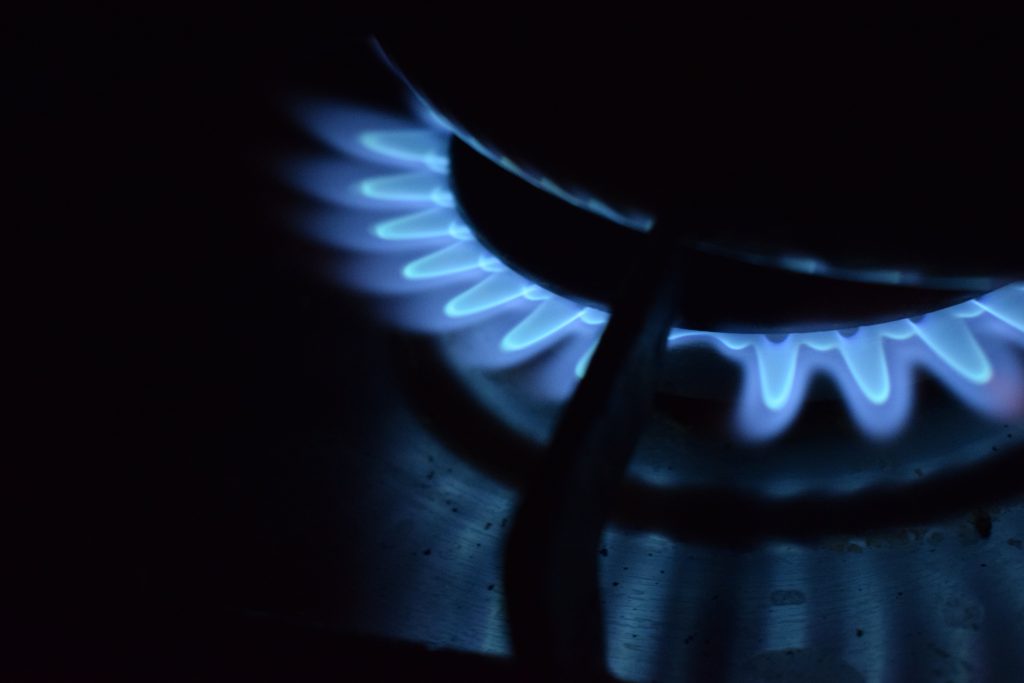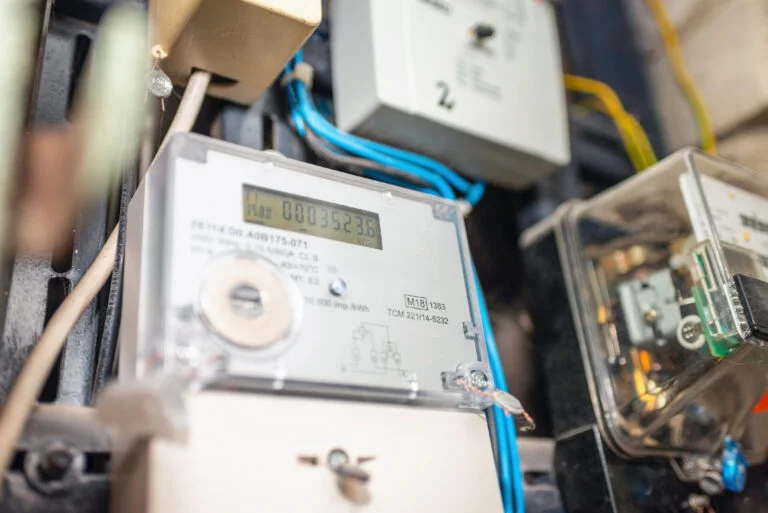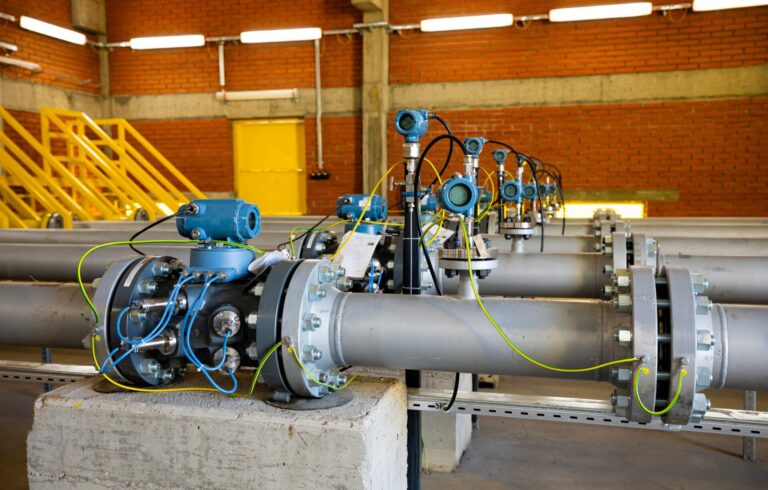
The Energy Crisis
Increases In Gas Prices - The Perfect Storm
The unprecedented rise in wholesale natural gas prices has come because of several global and local variables intersecting at a critical point in the year.
Global high demand for gas last winter, the closure of gas refineries in America because of hurricane Ida, low Russian exports, and increased demand in Asia for liquefied natural gas have led to Britain’s supply crisis.
Whilst the scarcity of gas has dealt a less severe blow to other countries in Europe because of their reliance on nuclear energy, Britain’s decision to race towards renewable energy has led it to fall back on gas to make up for any shortfall.
Gas extracted from the UK’s continental shelf made up less than a quarter of Britain’s overall consumption within the first three months of the year; this means that around two-thirds of Britain’s natural gas consumption is imported.
Higher gas prices have had a concomitant effect on electricity prices. Britain currently generates around a third of its electricity from burning natural gas. Supplies of electricity have faced several blows, driving prices up:
- Increased scarcity of gas.
- The fire at the IFA1 Interconnector has reduced the amount of imported electricity, with the station not expected to return to full capacity until March 2022.
- Historically low wind speeds have reduced renewable electricity and pushed Britain further towards gas generation production.
Higher gas prices have had a concomitant effect on electricity prices. Britain currently generates around a third of its electricity from burning natural gas. Supplies of electricity have faced several blows, driving prices up.
Whilst these global and local effects have damaged British access to gas and electricity, it comes at a time when Britain enters its coldest months, naturally pushing up demand for gas and electricity, creating the perfect storm for Britain’s gas and electricity needs.

Will the Energy Crisis Effect Business Consumers and Household Consumers Equally?
What is the Energy Price Cap and why do Energy Providers want it removed?
The energy price cap is an Ofgem regulated cap that dictates the maximum amount a firm can charge its customers on variable tariffs.
Whilst the increase in the price cap reflects Ofgem’s attempt to alleviate the strain placed on energy providers; many providers argue that the dramatic rise in the cost of wholesale gas and electricity necessitates a total removal of the price cap as it effectively inhibits companies charging consumers the market price for electricity, leaving providers to sell at a loss.
Whilst the cap was calculated in July, the rise in electricity after this period has, energy companies argue, led to a cap unreflective of the current market, placing many smaller energy providers in jeopardy of going bust. However, whilst many energy suppliers have lobbied the government to scrap the cap altogether, the Business Secretary, Kwasi Kwarteng, confirmed that the cap would remain to protect consumers.
How will the Price Cap Increase affect Household Consumers?
In response to the dramatic rise in wholesale gas and electricity prices, Ofgem announced it would be increasing the cap by £139 for the 11m households paying on a variable tariff from £1138 to £1277. A further 4m on prepaid tariffs can expect a rise in bills of £143 from £1156 to £1309.
Despite the Business Secretary’s refusal to lift the cap completely, Ofgem’s price cap announcement was met with worry by many UK households. The increase is set to affect over 15 million households, with as many as 500,000 extra households being pushed into fuel poverty this winter.

What can Businesses expect from their Energy Bills?
Whilst the energy crisis poses a threat to both household consumers and business consumers, the scale of the threat differs radically. For households, the price cap effectively limits the increase in energy bills for household consumers.
Unlike household consumers, business consumers have no price cap or safety net to protect businesses from spikes in market prices. This means that thousands of SMEs face a radical increase in their gas and electricity prices, threatening their ability to continue.
For example, an average medium business consumes around 12,000 – 15,000 Kwh of electricity. The current energy crisis has forced many supplies to increase their prices by as much as 90%. With business consumption so high for many businesses and the lack of market protections against spikes, many businesses could see their utilities doubling, costing each business tens of thousands of pounds.
The strain energy suppliers face because of the price cap for households means that energy suppliers will try and recuperate as much as they can through energy provision to businesses by charging them the market rate for gas and electricity. The majority of businesses have already returned from a working from home system precipitated by the pandemic; therefore, business energy consumption is almost back to a pre-pandemic level. This means that many businesses will face the full brunt of the rise in energy prices.
If you want more information on protecting you and your business against the dramatic rise in gas and electricity costs this winter, why not speak to one of our energy specialists and see how BP Consulting can help you today.






